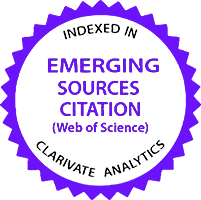Abstract— Nigeria is ranked among the lowest countries in terms of per capita energy consumption in the world. It also produces significant CO2 emissions. Hence, there is a vital need for clean and accessible energy in the country. Wind energy systems are one of such options. In this work, wind speed data measured at 10m above ground level from 2011 to 2016 for thirteen Nigerian sites are analyzed and the two–parameter Weibull distribution probability density function is used for wind power assessment. Moreover, the average wind power density and the corresponding wind energy density are obtained and the potential of electricity generation by means of wind turbines is assessed. The results reveal that Kano and Jos have the highest wind power potential with wind power densities of 79.96 W/m2 and 133 W/m2, respectively. With about 43 and 20 MWh of annual generated electric energy at Jos and Kano, respectively, these two sites proved to be the most promising candidates for utilizing wind turbines for electricity generation.
Keywords: Wind speed; Wind turbine; Wind power density; Wind energy density; Electricity generation; Feasibility assessment; Nigeria.
DOI: http://doi.org/10.5455/jjee.204-1581015168

![Scopus®_151_PNG-300x86[1]](https://jjee.ttu.edu.jo/wp-content/uploads/2024/03/Scopus®_151_PNG-300x861-1.png)
